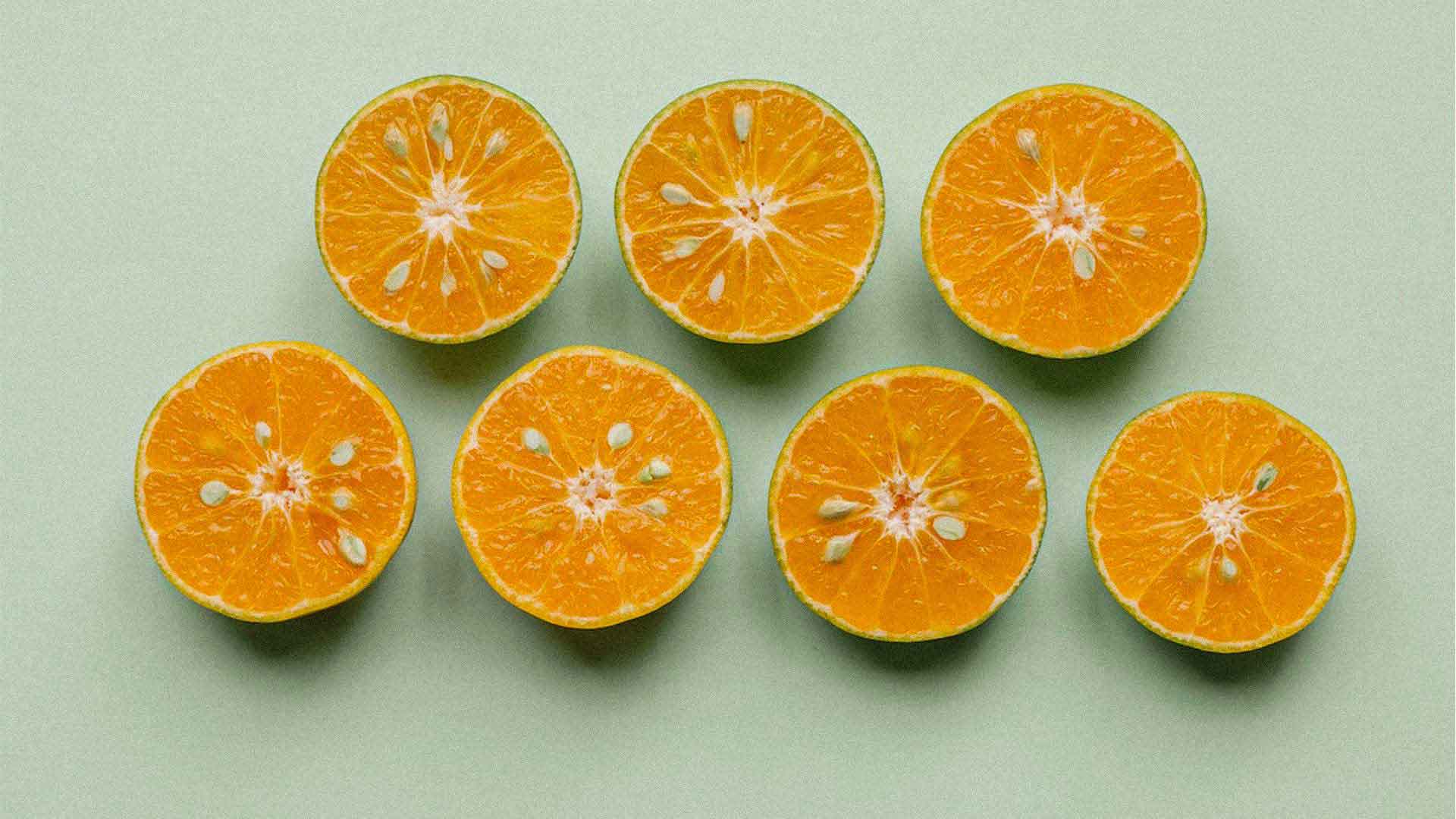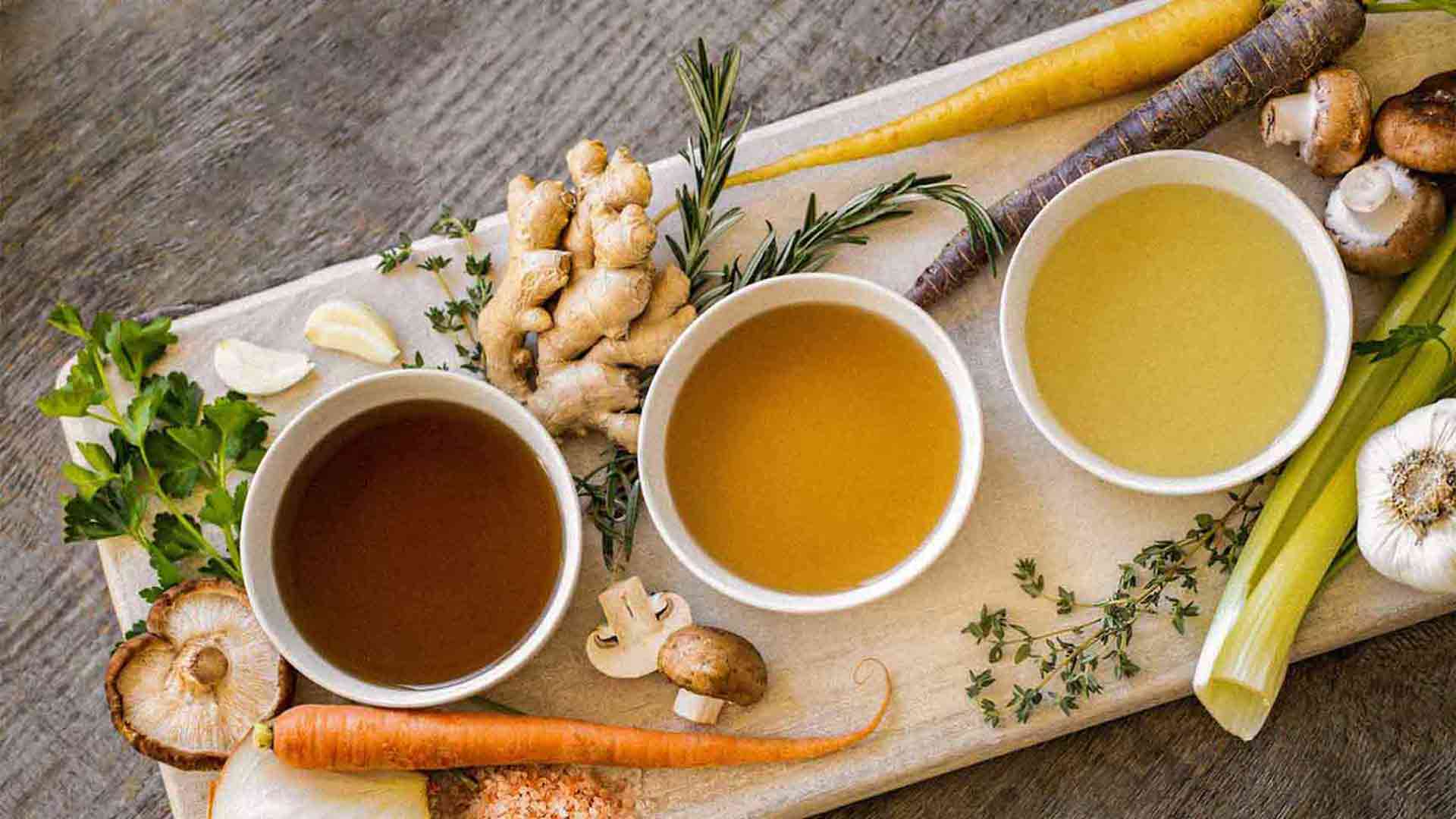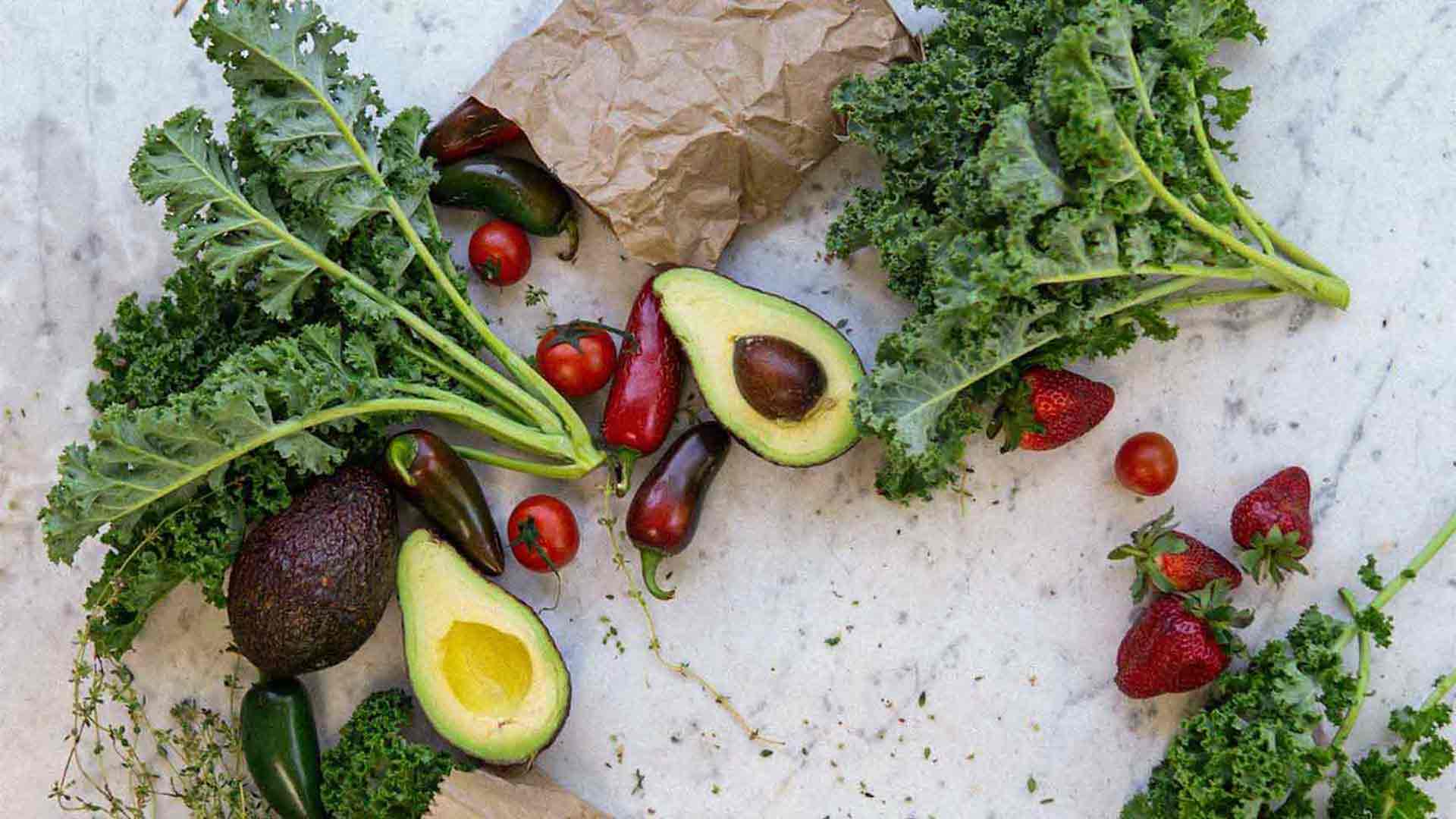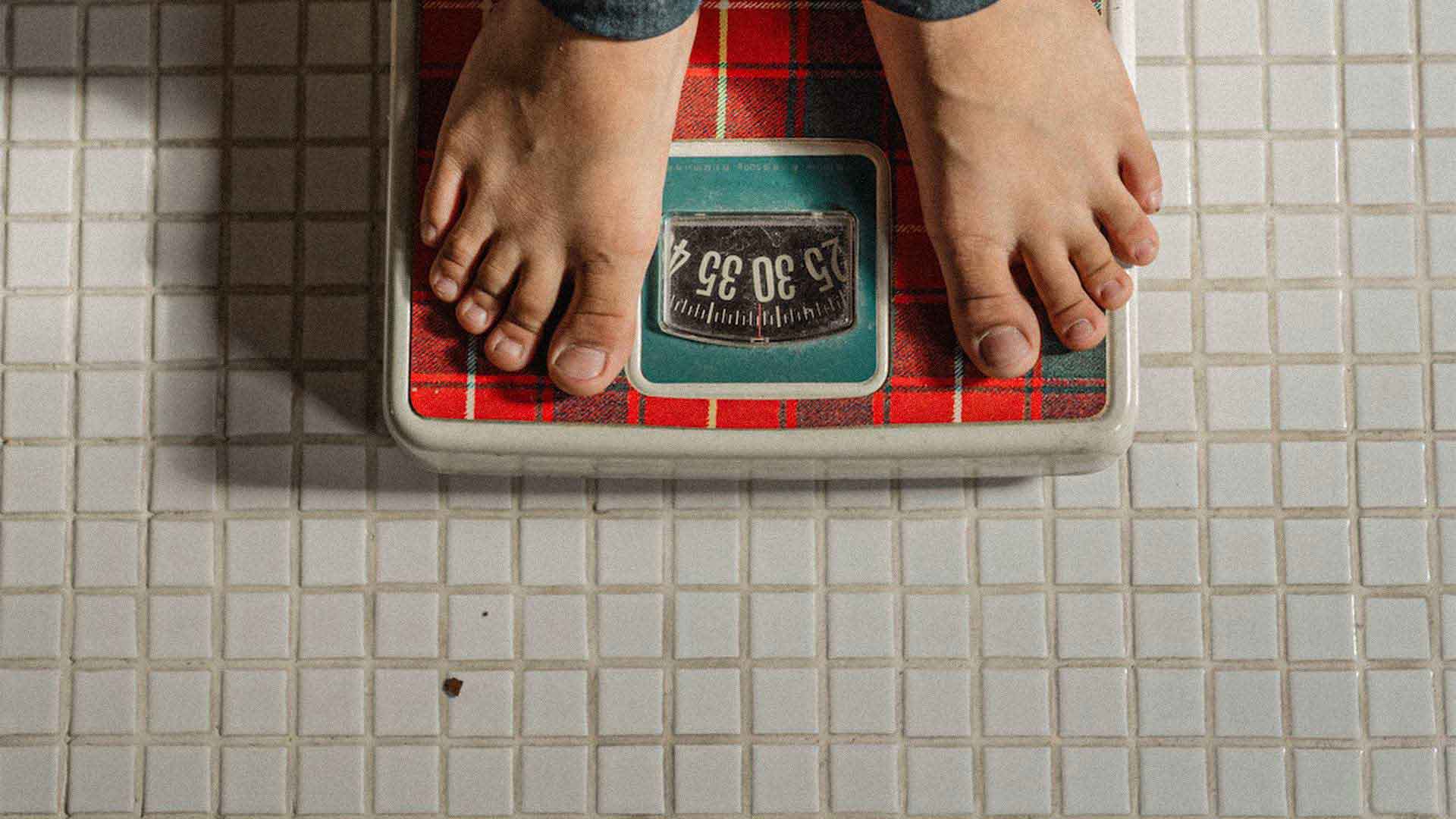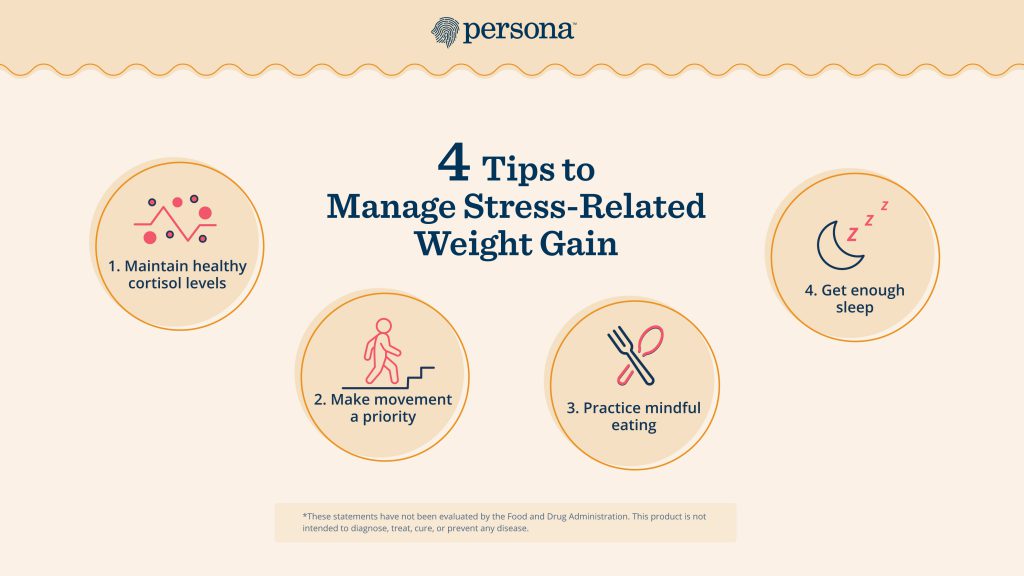You know when you haven’t eaten in a few hours and you suddenly find yourself ravenous, rageful and ready to inhale whatever sustenance you can get your hands on. Even if it’s a burger from a drive through, but you promised yourself that morning you’re going vegan for a month. And eating it means you’re now breaking that promise. Phew! Us too.
What was the point of our hangry rant? Before we dive in, we want to make it clear that the best way to conquer your hunger pangs is by nourishing your body throughout the day (i.e. we are validating your purse or pocket snacks). But what if you’re already doing that and want a little extra support? The 4 supplements in our Crave Control pack can help. Here’s how.
5-HTP
Feeling a little bit snacky lately? There are lots of reasons why you might feel hungry- stress, sleep, and exercise can all play a role in your appetite. Ultimately, it’s the job of hormones to regulate your body’s hunger and satiety cues. 5-HTP is a naturally occurring substance that acts on one specific hunger regulating hormone called serotonin (AKA your happy chemical). Among other things that serotonin does- like regulate your sleep wake cycle and mood, a rise in serotonin levels signals to your brain that you’re full. Researchers think that 5-HTP may be able to promote your body’s serotonin production, and thus support your body’s satiety response.
Appetite Support
Eating less is an obvious way to reduce your caloric intake, but scientists are working on another way. Phase 2™ carb controller, a star ingredient in Appetite Support, works by changing the way your body digests carbohydrates. It’s made from white kidney beans and acts on the enzyme alpha-amylase, which normally breaks down starches so your body can absorb them and use for fuel. Here’s the fun part- Phase 2™ carb controller prevents some of the alpha-amylase enzyme from fully doing its job. The end result? Your body taking on less calories from the carbohydrates you’re eating.
And if you’re thinking Woah, free calories?! Not exactly. Participants in Phase 2™ carb controller studies didn’t just take a supplement. They also followed a reduced calorie diet and exercise.
By the way, if this idea of carbohydrate manipulation sounds a little sci-fy-ee, we get it. But the idea of “no-calorie” carbohydrates is not a new one. Remember everyone’s favorite diet food in the 80’s- Celery? Celery is considered a “zero” calorie food because it contains mostly insoluble fiber and water. Insoluble fiber is an indigestible carbohydrate meaning your body doesn’t break it down. If your body isn’t breaking it down, it can’t use it for energy (i.e no calories). The science behind Phase 2™ carb controller works in a similar way by turning digestible carbohydrates into indigestible ones to reduce the overall calories available for your body.
Green tea extract
Tea drinker or not, you’ve probably heard that antioxidant rich green tea has loads of health benefits. But how might it support your weight management goals? Researchers are still trying to nail down its effects but based on some early studies, they think that it might act on your body’s fat cells. The main compound behind green tea’s metabolic effects? EECG. It’s an antioxidant like polyphenol- a beneficial compound found in plant foods. So far, studies have been fairly small in size and shown mixed results, but green tea is still one supplement we love adding to our wellness routine.
Blood sugar balance
When you’re working towards your health goals, exercise and calories are probably top of mind. But maintaining the health of your cells is also an essential part of your overall wellness. Eating nourishing foods like fruits and vegetables can help support healthy cells since these foods are typically rich in antioxidants. Alpha-lipoic acid, a main ingredient in Blood Sugar Balance, is another type of antioxidant. It’s naturally occurring in your body and a few studies have linked it to healthy weight. It helps support healthy cells and can complement a weight management ritual that also includes diet and exercise.4
Takeaway
The best way to curb your hunger? Eat! But if you find yourself mindlessly munching and are looking for a little extra support, supplements in our Crave Control pack have your back. 5-HTP targets hunger cues*, Appetite support helps you master satisfied snacking*, and green tea extract and blood sugar balance address the health of your cells.*
What are some easy, fast exercises? Read Short on Time? 5 ways to maximize your workout
About Allie
Allie has a master’s in nutrition science from Framingham State University. She has worked as a Health Educator and Personal Trainer, and has a passion for helping people lead happier, healthier lives.
Do you have questions about supplements? Reach out to one of our experts, or take Persona’s free nutrition assessment, and learn exactly what you need to take your wellness to the next level
*These statements have not been evaluated by the Food and Drug Administration. This product is not intended to diagnose, treat, cure, or prevent any disease.
This information is not intended as a substitute for the advice provided by your physician or other healthcare professional, or any information contained on or in any product label or packaging. Do not use the information from this article for diagnosing or treating a health problem or disease, or prescribing medication or other treatment. Always speak with your physician or other healthcare professional before taking any medication or nutritional, herbal, or homeopathic supplement, or using any treatment for a health problem. If you have or suspect that you have a medical problem, contact your health care provider promptly. Do not disregard professional medical advice or delay in seeking professional advice because of something you have read in this article.


